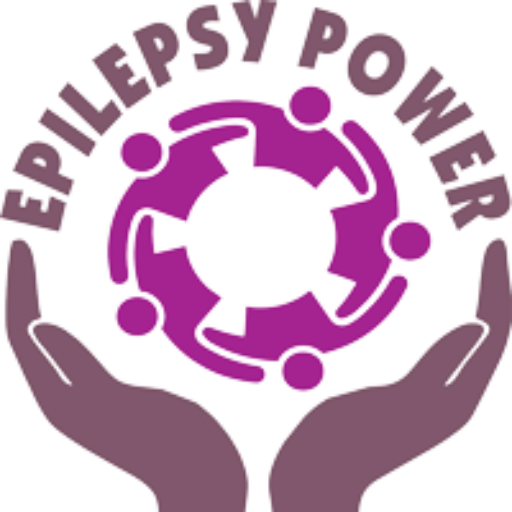- Introduction
- Section 1: Assignment of tasks - What do people with epilepsy need?
- Section 2: Assignment of tasks – sensitisation to needs within the team
- Section 3: Long-term goal: self-organising tasks
- Concluding remarks
- Quiz
As highlighted in section 1, it’s crucial to be inclusive of people with epilepsy. This means that we don’t perceive people with epilepsy in a working environment as a “special case” or ” exception” and ensure instead that they are treated as part of an existing team with different needs and the desire for mutual support. In the context of this section, this means opening up our perspective and asking what a team needs to work effectively with people with epilepsy.
Effective collaboration, in turn, makes it easier for people with epilepsy to feel comfortable, integrated, and work efficiently. To prepare the team for working with people who have epilepsy, certain important steps need to be considered. Training and education are key elements: employers should provide training and information to raise understanding about epilepsy among all employees. This can lead to effective collaboration by fostering awareness of each other’s needs.
In order to effectively integrate individuals with epilepsy into a team and appropriately structure tasks, it is important to focus on practical considerations at the operational level. This includes understanding the work rhythms and preferences of all team members, fostering awareness and empathy for everyone’s needs. Often, seemingly obvious aspects of daily work routines—such as preferred communication times or ideal working environments—can significantly impact productivity and well-being if not clearly communicated and respected within the team. Each team member has unique requirements in how they collaborate practically. People with epilepsy are no exception; while some of their needs may be influenced by their condition, others are similar to those of their colleagues. Thus, ensuring inclusivity involves recognizing and accommodating a diverse range of needs to promote a supportive and productive team environment.
One way to achieve this is to expand the established tool Team Canvas (section 1) by adding a targeted question about individual needs in the daily work routine. This allows people with epilepsy to clearly communicate their specific requirements and place them in the context of the needs of other team members. This approach helps prevent team members with epilepsy from feeling marginalized or singled out, avoiding any sense of being treated differently or seen as burdensome to the team.
Incorporating this question into the Team Canvas process promotes openness and transparency within the team and helps better accommodate individual needs. This contributes to creating an inclusive and supportive work environment where all team members have equal opportunities to collaborate successfully.
Task: Expand your Team Canvas
Ask your team about their individual work-level needs. What do your team members require? For example, quiet periods during the day for focused work, daily/weekly brief meetings for task planning, etc. Write down the needs within the team and establish rules to address them as a team in your daily work. This way, you can also include people with epilepsy and actively accommodate their needs, creating a supportive and pleasant work environment. Document the results and make them accessible to the team.
